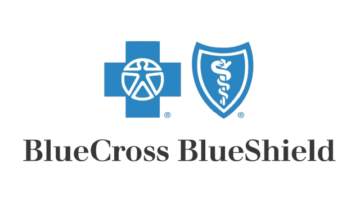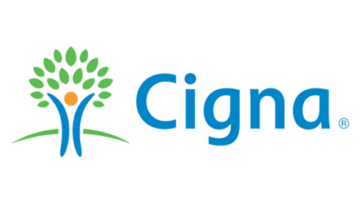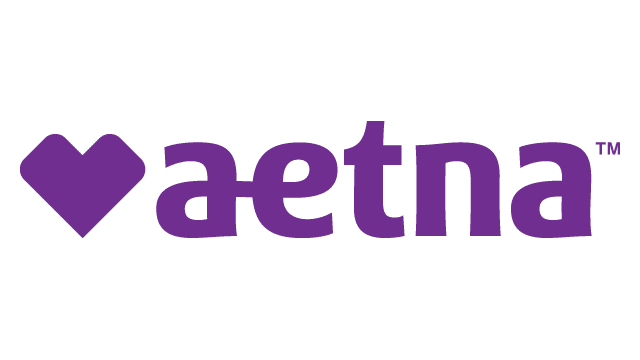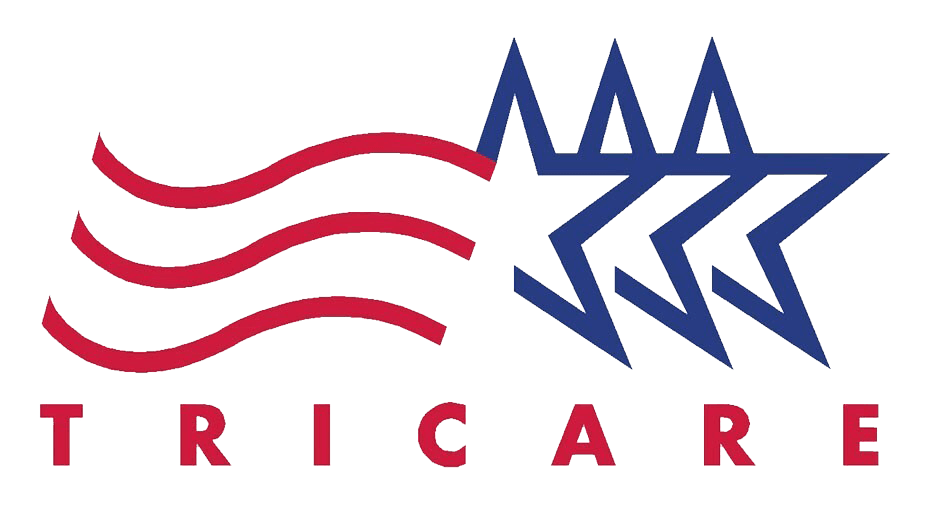Scrolling for hours (whether knowingly or not) and checking social media accounts has become the norm for many people today. And that is precisely why social media companies design the platforms they do- to keep customers engaged and locked on for as long as possible. Sure, there are some beautiful things shared on social media in the form of inspiring videos and easy to understand information. But, what about the kind of content that enables self obsession, shopping addiction, and dopamine hits with every ‘like’ notification? While the majority of people’s use of social media is unproblematic, a small percentage of users become addicted to them and use them in an unhealthy or compulsive manner. Some experts estimate up to 10 percent of people in the United States require some form of social media addiction treatment. However, we all would probably guess that those who have social media addiction will continue to be on the rise. Breaking the cycle: effective social media addiction treatments can give some hope to those struggling with compulsive use of their downloaded escape realities. Omega Recovery knows all too well the devastating effects unchecked social media abuse can wreak on a person’s life, their family and friends included.
“Social media can cause similar dopamine releases to the brain, mimicking the same euphoric experience that cocaine addicts chase. Likes, comments, retweets, and shares from social media platforms have been shown in studies to be nearly as addictive as a cocaine rush”
Yes it’s true, humans are social creatures that need social interaction in order to thrive and feel supported throughout life. However, is there more authentic social connection in person rather than through a screen? Comments, retweets, and shares from social media platforms have been shown to mimic or even replace the same social benefits we receive from in person interaction. This can be a definite problem then when it is used as a replacement for our interpersonal social connections. When someone uses social media as a means of coping with stress, their real life relationships can suffer from neglect, intensifying interpersonal issues even further. Hence the need for breaking the cycle: effective social media addiction treatments.
Why Social Media Addiction Is So Concerning For Our Future
Social media addiction is defined as compulsive and excessive use of social media (Facebook, Instagram, Snapchat, and Tumblr for example) even when the use of those platforms is taking control of a person’s life. Unchecked compulsive social media use can have a negative effect on a person’s ‘real life’ and especially relationships- whether family or professional. As a whole, addiction affects a community in ways of neglect and distance. Separation and isolation from the whole, in this example the ‘community’, can weaken an area. The future of humanity has always been dependent on our younger generations- what and how they learn as well as who they learn from. The scary part of social media addiction is the recent introduction of AI, computer programs that provide their versions of information, truths, and facts. In other words it seems a bit unwise to rely on technology’s advice and information to live our daily human life. Social Media addiction is still being understood, with quite a variance of severity in people of all demographics.
Breaking the cycle: effective social media addiction treatments are important to consider because they offer hope to anyone concerned they are experiencing an addiction. This includes a concerning person’s partner, family, friend, co-worker, or even neighbor. Oftentimes addiction does not just affect the person struggling, but those entwined in their daily life as well. Social media addiction treatments vary just as each of us and our own needs do. Whether it be experienced mental health practitioners, state of the art technology, or holistic forms of treatment found nowhere else- recovery is possible. While not all effective social media addiction treatment centers will be and offer the same kinds of programs, they all will offer some commonly used forms of treatment. Below are outlined some of the most effective and commonly used social media addiction treatments offered by facilities today.
Breaking The Cycle: Effective Social Media Addiction Treatments
Cognitive Behavioral Therapy – Cognitive behavioral therapy (CBT) is a type of psychotherapy that combines cognitive therapy and behavior therapy to help people treat mental and emotional health issues. CBT is a talking therapy that focuses on how thoughts, beliefs, and attitudes affect feelings and actions. The goal of CBT is to help people identify and challenge unhelpful thoughts, learn self-help strategies, and change their behavior. This form of therapy can be very beneficial for someone struggling with self love. Someone who constantly negatively compares themselves and their own life to what they see and watch on social media platforms.
Dialectical Behavior Therapy – Dialectical behavior therapy (DBT) is a structured, evidence-based psychotherapy that teaches skills to help people create a good life for themselves. DBT was originally developed to treat personality disorders and interpersonal conflicts. However, it can also be useful for treating mood disorders, suicidal ideation, and changing behavioral patterns like self-harm, substance abuse, and social media addiction. Utilizing DBT can be supportive in breaking the cycle: effective social media addiction treatments to help someone break free from debilitating addiction.
Peer Recovery Coaching – Peer recovery coaches are non-clinical support people who help clients seeking or recovering from addiction. They are usually people who have been successful in their own recovery and can help others who are experiencing similar situations. Dr. Kardaras for example, Omega Recovery’s founder, has utilized his own personal experience with technology addiction to provide the best care for anyone seeking recovery from addiction. Peer recovery coaches can help people:
- Create personal recovery plans that are realistic and attainable.
- Identify smaller steps to reach recovery, including setting personal goals and establishing realistic action plans with milestones.
- Develop recovery pathways that are personal to the client and clear.
- Explore wellness categories, work through struggles, and celebrate successes.
- Build stronger relationships within and externally with others.
- Build trust and rapport with the people they support by offering personal and tailored guidance in how to do so.
- Share deep rooted feelings and experiences to encourage healing.
- Identify past coping strategies and help develop healthier new ones.
- Reduce the risk of relapse.
- Identify triggers and warning signs of relapse, and suggest resources like support groups and other social media addiction treatments.

Nature Immersion – This form of effective social media addiction treatment is successful in providing space to reconnect within by utilizing presence in Mother Nature. The intention of receiving therapeutic benefits by including the practice of spending time in nature can drastically improve a person’s mental state of well being. It can involve developing a deep relationship with nature, connecting with earthy materials, or using all five senses to immerse oneself in nature. A great treatment idea for someone devoid of real connection and engulfed in an online world far from nature.
Outdoor Behavioral Health – Outdoor experiential therapy utilizes the outdoors as a treatment modality to promote “rehabilitation, growth, development, and enhancement of an individual’s physical, social, and psychological well-being through the application of structured activities involving direct experience”. Again, this type of social media addiction treatment that utilizes our beautiful real world as the setting for healing can be very successful. Outdoor behavioral health practitioners often include others, or a group/community, to help build stronger relationships between all for optimal healing.
Group Therapy – A form of psychotherapy in which a group of patients meet to describe and discuss their problems together under the supervision of a therapist. Group therapy is the treatment of multiple patients at once by one or more healthcare providers. It can be used to treat a variety of conditions including but not limited to depression, emotional trauma, anxiety, post-traumatic stress disorder (PTSD), and attention deficit hyperactivity disorder (ADHD). In a group therapy session, the therapist may ask questions to help people discuss their experiences and learn about what they have in common with others. The participants may also share personal stories or talk about their feelings while they listen to others’ experiences. Group therapy aims to bring about reduction in symptoms such as negative symptoms, poor motivation, as well as improvement in social functioning, better adjustment and improved interpersonal relationship skills.
Narrative Therapy/ The “Hero’s Journey” – The hero’s journey is a common narrative archetype, or story template, that involves a hero who goes on an adventure. This journey or adventure helps the person to learn a lesson, win a victory with that newfound knowledge, and then return home transformed. A great example of this would be the Harry Potter series written by J.K. Rowling. In her notable modern interpretation, the story follows the hero ‘Harry Potter’ as sets out to find himself and face adversity that once ruled his everyday life. From an ordinary world to a magical realm Harry overcomes numerous adversities, eventually returns transformed and equipped to benefit his society. Ironically those suffering from social media addiction often have an online ‘hero’ they look up to and follow. The hero’s journey invites someone struggling to find the hero within themselves, just waiting to be discovered.
Mindfulness – Mindfulness is a type of meditation that involves being aware of your current sensations and feelings without judgment or interpretation. It’s a way of living in the present moment and being fully engaged with your surroundings. Mindfulness therapy is a type of talk therapy that uses meditation, relaxation, and awareness exercises to help people focus on the present moment. The goal is to help people experience everyday situations and stressors without judgment or reaction. Mindfulness can prove to be especially beneficial to someone so entranced in social media that the real world around them barely exists.
Somatic Techniques – Somatic techniques are body-focused techniques that can help calm the nervous system and relieve stress, tension, and trauma. Somatic techniques can include:
- Breathwork; such as conscious breathing to increase oxygen levels and regulate the nervous system.
- Grounding techniques, such as laying on lush green grass intaking the surroundings.
- Bringing the body back to the present moment to deregulate the central nervous system.
- Can help calm the mind and body, and increase awareness of bodily sensations
- Dance therapy – movement as a way to heal, especially for people dealing with trauma.
- Yoga – utilizing breath and body movement to quiet the mind, generate new cells, strengthen the body, and promote overall interconnectedness.
Omega Recovery Provides The Most Effective Social Media Addiction Treatments
In our Community Integrated Treatment Model, our Omega clients are engaged in living in the real world once again—and we make it fun as we help them to find their passion! Oftentimes, the tech devices are a substitute for a young person who feels bored, lost, depressed, adrift and lacking any real sense of purpose. Omega Recovery aims to help our clients find that meaningful sense of passion, purpose, and direction in their lives. By living cooperatively in a treatment house in a vibrant community in the thriving city of Austin, we use all the social, nature-based, cultural, educational and economic opportunities available today. Clients struggling with social media addiction get the full clinical impact of an inpatient program in a much more comfortable, non-institutional alternative to traditional inpatient treatment. Dr. Kardaras and his team have found this type of treatment setting feels more authentic and has better recovery outcomes. Providing a more organic living and therapeutic environment translates into a smoother transition post-treatment for our clients.
Breaking the cycle: effective social media addiction treatments give those struggling with addiction a chance to reclaim their life. Our experienced and thoughtful team empower clients to do the work needed for recovery at their own pace. Towards the end of treatment, the client works with their therapist to slowly begin to reintegrate mindful social media usage back into a client’s life. We help create a “digital re-entry” plan so that our clients and their families have a clear road-map of the transition back to our highly technological world. Clients in successful recovery need to know how to balance healthy social media usage back into their lives as they look to get back into school, get a job, or pursue other passions. We assist our clients in post-treatment transition planning that includes aftercare, case management, peer coaching, job placement, recovery housing and much more. For more information visit our website https://omegarecovery.org/ or call us at (512) 601-5407.







